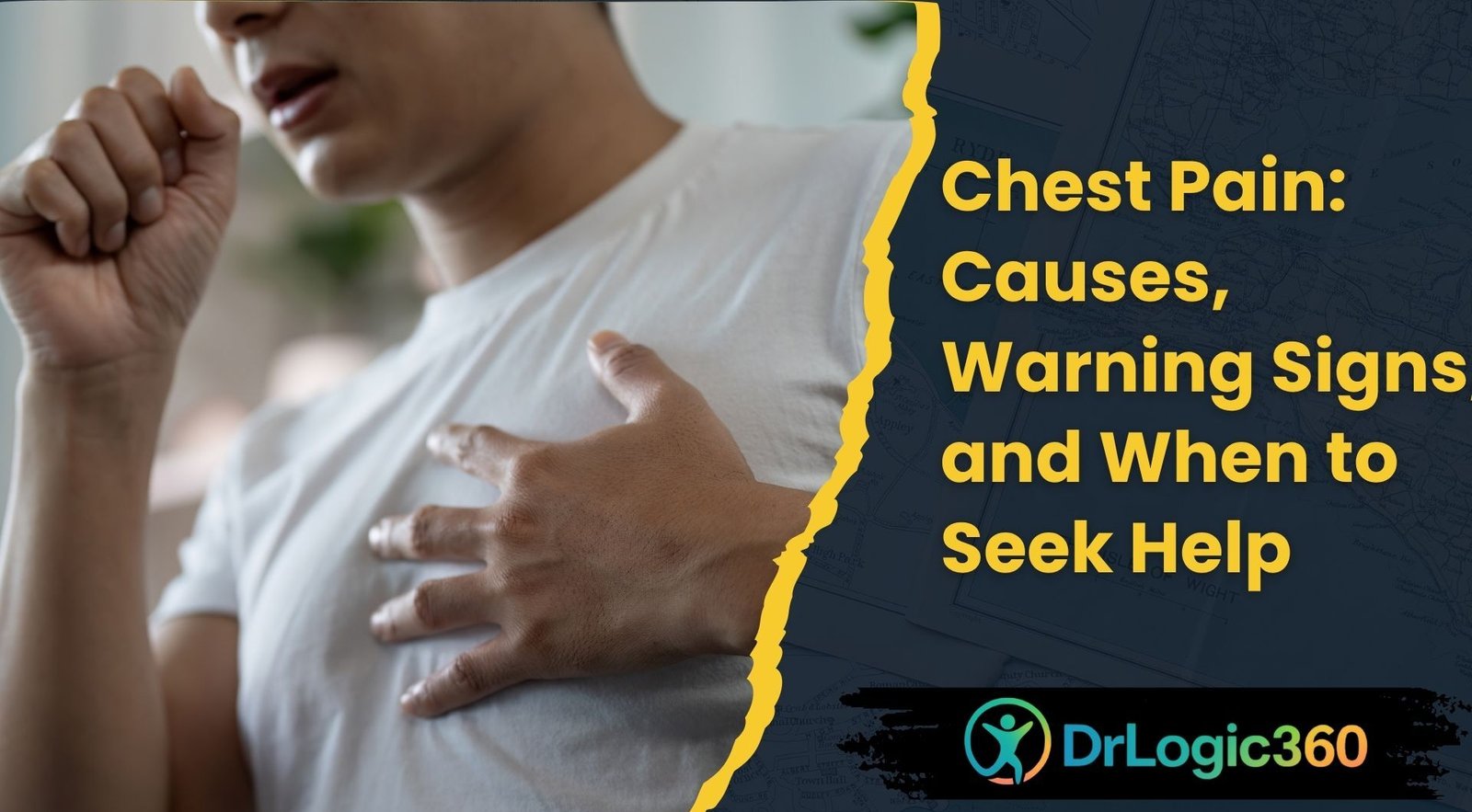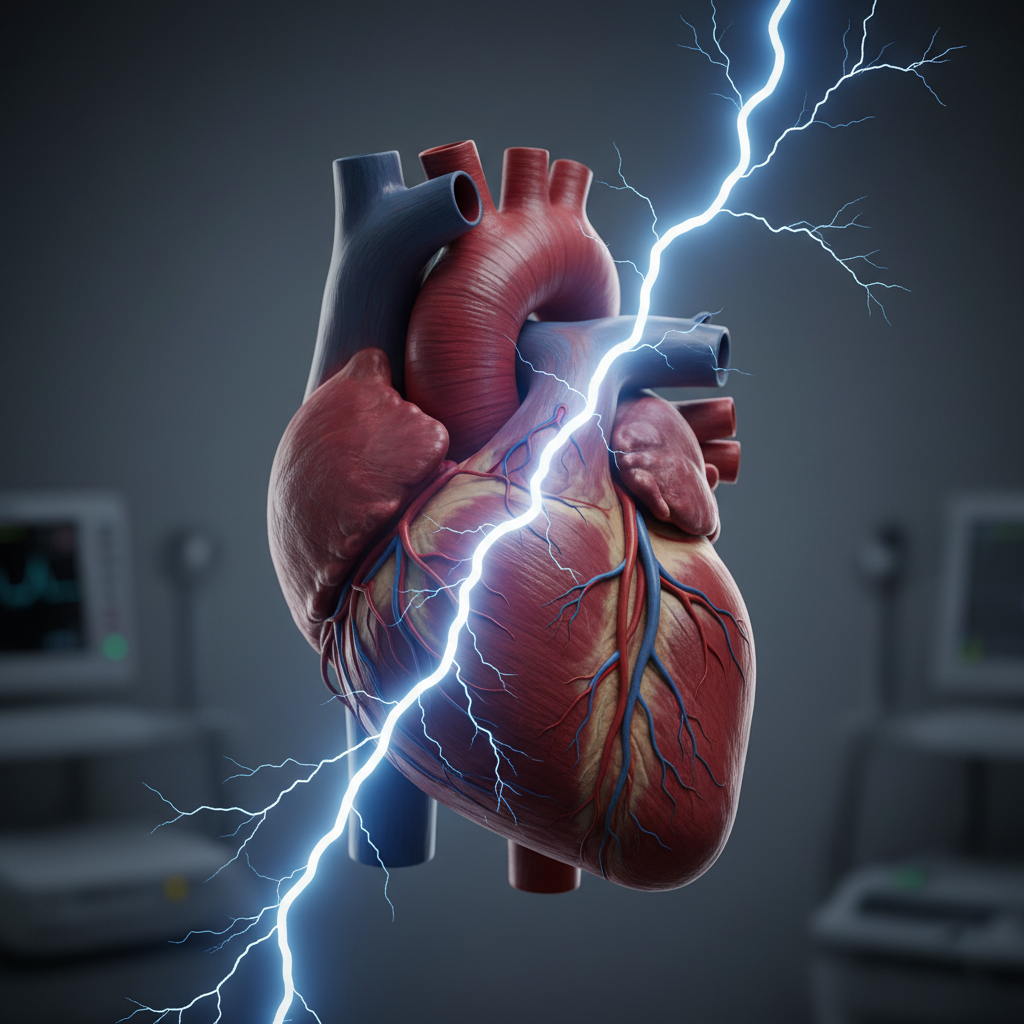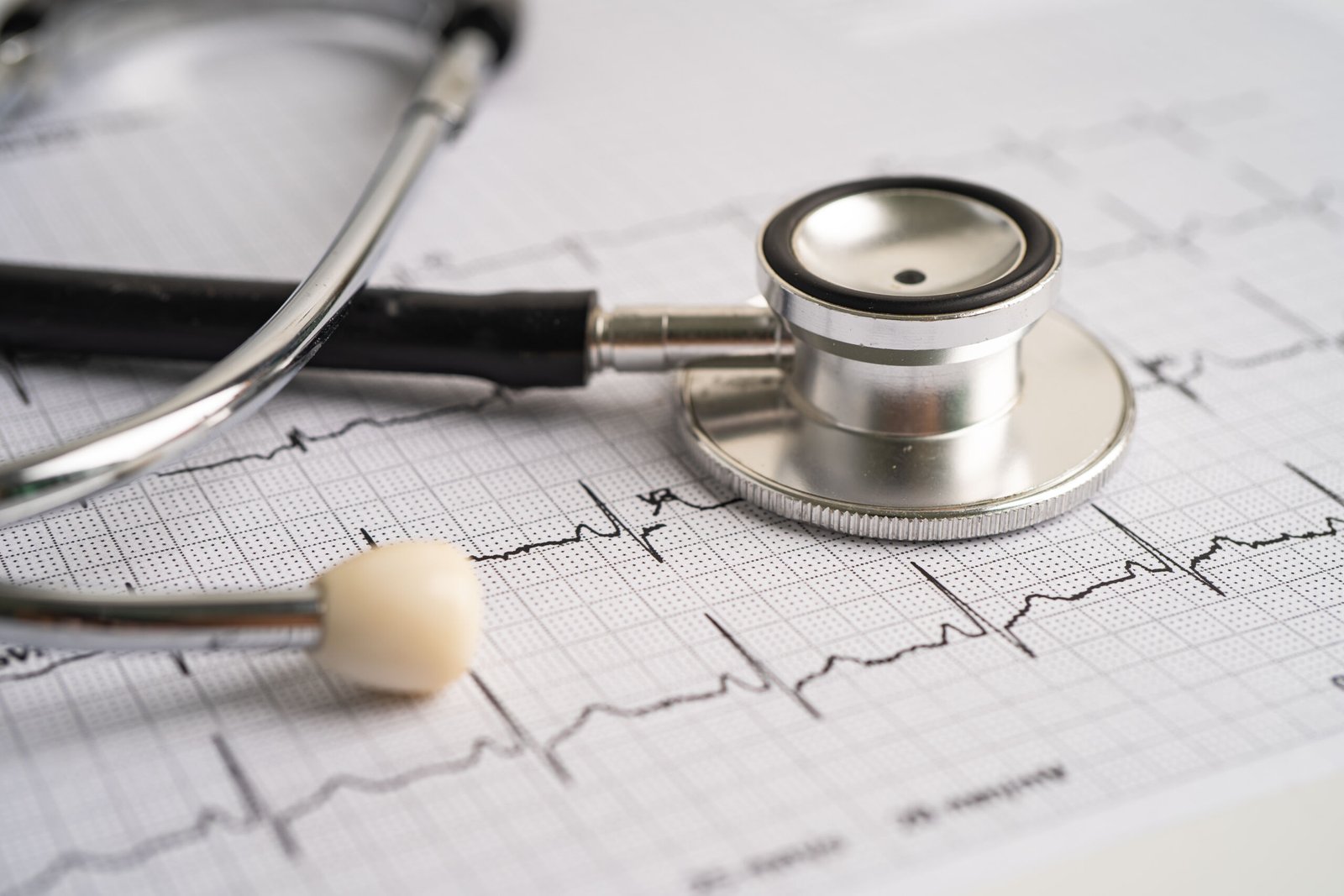
Chest Pain: Causes, Warning Signs, and When to Seek Help
Table of Contents
Chest pain is one of those symptoms that grabs your attention—and it should. It can feel like pressure, squeezing, sharp pain, or even like an elephant sitting on your chest  . Doctors treat “pressure” the same as “pain,” so don’t brush it off.
. Doctors treat “pressure” the same as “pain,” so don’t brush it off.
What Can Cause Chest Pain? 🤔
Chest pain causes can come from different places—not just the heart. Common causes include:
Muscles & Ribs: Pulled muscles, sore cartilage, or injuries.
Heart & Blood Vessels: Heart attack, angina (reduced blood flow to the heart), blood clot, or inflammation around the heart.
Lungs: Pneumonia, irritation, or trapped air.
Stomach: Acid reflux or ulcers.
Stress & Anxiety: Can “trick” your body into feeling chest pain too.
Understanding these chest pain causes can help you know when to rest, when to relax, and when to seek medical attention.
Pain That Is Usually Not From Heart Attack ✅
Some chest pain is not a heart attack, especially when:
- The pain is sharp and easy to point to with one finger
.
- The pain lasts only a few seconds and goes away on its own.

When to Get Help Right Away 🚨
Call 911 immediately if you notice any of the following — these can be serious Chest Pain Causes:
- Sudden, severe chest pain that won’t go away (like an elephant
on your chest).
- Pain spreading to your arm, neck, jaw, or back.
- Pain that worsens when you breathe deeply.
- Trouble breathing, fainting, or breaking out in a cold sweat.
- Chest pain with nausea or vomiting
.


What to Expect at the Hospital 🏥
If you go to the ER or see your doctor for chest pain, here’s what might happen:
- Vitals checked (blood pressure, heart rate, oxygen).
- ECG to check your heart rhythm.
- Blood tests.
- Chest X-ray or CT scan.
- Possible admission for monitoring or treatment.

Chest Pain Causes – Myths and Facts You Should Know 💬
Chest Pain Always Means Heart Attack
Many chest pains come from muscles, stress, or acidity.
But it’s always good to check—just to be safe.
Most causes are treatable once identified.
Only Older People Get Chest Pain
Young adults can feel chest pain too, often from posture or anxiety.
Heart problems are less common in youth—but not impossible.
A healthy lifestyle keeps your heart strong at any age.
Chest Pain After Eating Is Always Serious
Sometimes it’s just acid reflux or bloating.
Avoid heavy meals late at night to prevent it.
If it repeats often, talk to your doctor for relief.
If Pain Goes Away, You’re Fine
Temporary pain can still be worth noting.
Some mild heart issues start with on-and-off discomfort.
It’s okay to get checked—peace of mind matters too.
Only Pain on the Left Side Matters
Heart pain can also appear in the center or right side.
It may spread to the jaw, back, or arm.
The pattern matters more than the exact spot.
Stress Chest Pain Is “All in the Head”
Anxiety can cause real chest tightness.
Deep breathing and relaxation can help.
Still, ruling out physical causes keeps you confident and safe.
Final Thoughts 💡
Chest pain isn’t always a heart attack—but sometimes it is. Don’t ignore warning signs like:
- Pain with activity or exercise
- Sudden tearing pain to the back
- Pressure spreading to arms or jaw
- Pain with sweating, vomiting, fainting, or fever
Understanding these warning signs can help you recognize serious chest pain causes early.

Top Frequently Asked Questions on Chest Pain Causes and Symptoms 💬
Yes, it can. Acid reflux or trapped gas can create a burning or tight feeling in your chest. It often happens after large meals or lying down too soon after eating.
If the pain lasts more than a few minutes, keeps coming back, or feels heavy or unusual, don’t wait — get it checked right away. It’s always better to be safe.
Muscle pain usually feels sharp and localized, and may worsen when you press the area or move.
Heart pain feels more like pressure or heaviness, often spreading to other areas like the arm or jaw.
Sometimes, yes — especially if you’re new to working out or overexert yourself. But if chest pain appears during exercise or stops when you rest, it could be a sign of reduced blood flow to the heart. In that case, see your doctor.
Stay calm, sit down, and avoid physical effort. If the pain is severe, lasts longer than a few minutes, or comes with sweating or breathlessness — call emergency services immediately instead of driving yourself.
Meet Dr. Joseph Gnanaraj – Founder & Senior Cardiologist 🩺

Dr. Joseph Gnanaraj, MD, FACC
Dr. Joseph Gnanaraj, a respected senior cardiologist with over 25 years of experience, is the Founder of DrLogic360, a health education initiative dedicated to simplifying medicine and empowering people with reliable knowledge.
Having treated thousands of patients with compassion and clarity, Dr. Gnanaraj strongly believes that better health begins with better understanding. His approach combines medical expertise with patient education—emphasizing prevention, lifestyle changes, and long-term wellness.
Through DrLogic360, he extends this philosophy beyond the clinic—breaking down complex medical topics, debunking myths, and promoting practical, trustworthy health awareness.
Highly regarded among peers and deeply trusted by patients, Dr. Gnanaraj’s mission is simple yet powerful:
to make reliable health insights accessible to everyone.
Get in Touch with Us 📬
Have a question or want to reach out?
We’d love to hear from you. Whether it’s feedback, a health query, or a collaboration idea — we’re just a message away.


We personally review every message and make sure you receive a thoughtful response as soon as possible.
Your privacy is important to us — all messages are kept confidential and used only to respond to your inquiry.
